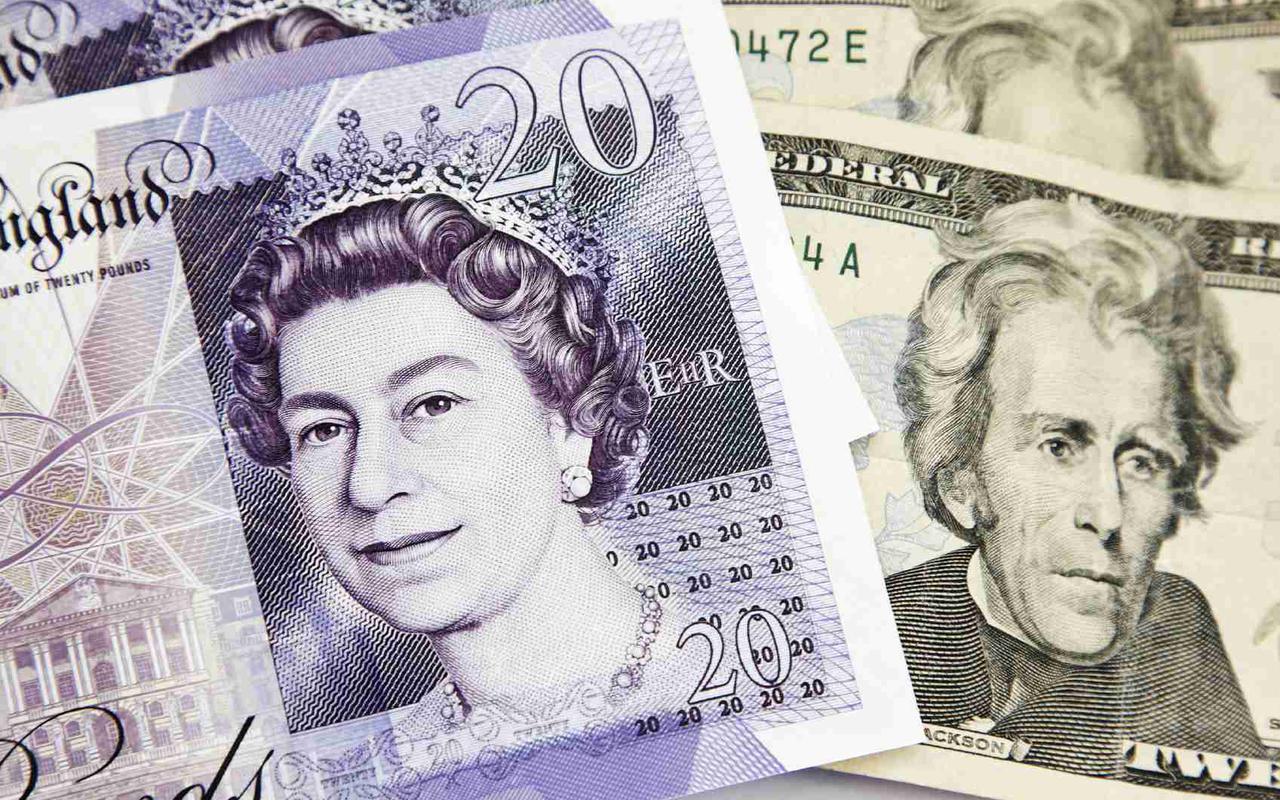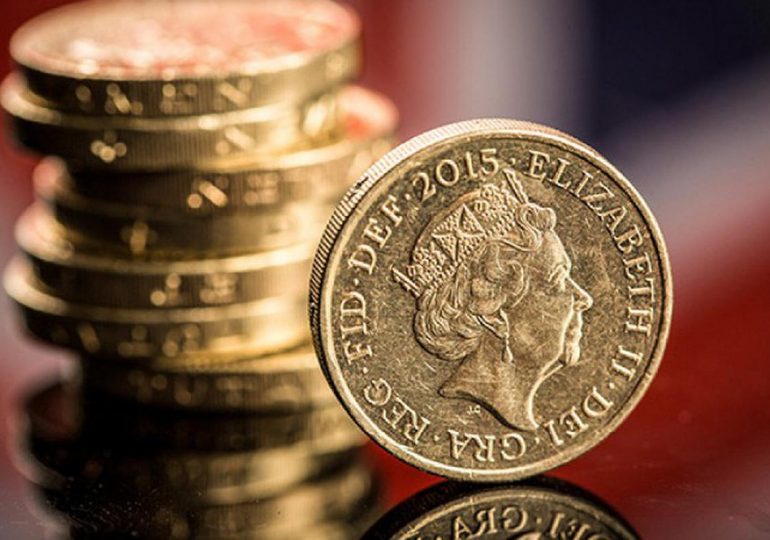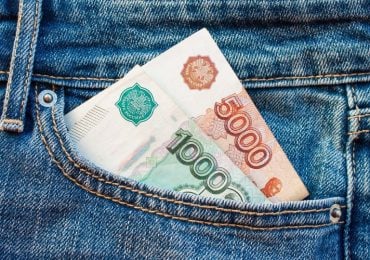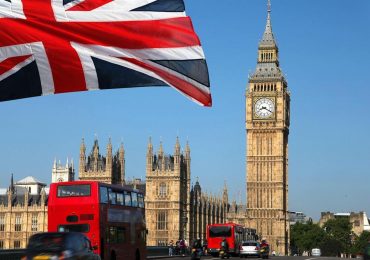British pound to US dollar: market conditions
Experts say that the fate of the pound has become directly related to Brexit, since the referendum, and political uncertainty only finishes sterling.
The show, called Brexit, reached its climax when the British Prime Minister once again suffered a parliamentary defeat. Now that Teresa May is preparing to meet again with inflexible Brussels, the pound continues to withstand uncertainty and volatility, especially in light of the fact that the financial specter of “going out without an agreement” is getting closer and closer.
The UK was supposed to leave the EU on March 29, 2019, but this period was extended until April 12. The initial plan proposed a transition period that will last until the end of December 2020, during which more subtle details of the future UK relations with the EU should have been worked out. Perhaps this period will be extended along with the original term, but at present, the picture remains unclear.
Despite the fact that sterling began in 2018, as one of the most efficient currencies, the continuing instability of the Brexit significantly shaken the position of this currency. By the end of March, the deputies are still divided in their views on the future of Britain’s withdrawal from the EU. At the same time, the rising drama in parliament heightened uncertainty and caused the volatility of the pound.
Pound to US dollar rate is still unstable
According to the latest figures from the Office of National Statistics, UK GDP grew by 0.6% between June and September. However, in September, growth was zero. Business investment fell 1.2% in the third quarter, suggesting that concerns about Brexit are causing companies to postpone investment decisions.
The last three months of 2018 have shown a direction towards the British economy. In general, the GDP for 2018 fell to its lowest level since 2012 by 1.4%, a decrease of 0.4% compared with 2017.
Parliament must make a number of important decisions. In March, the pound rose to new highs in the hope that Brexit would end, but the bill was rejected. After the pound rose because of the news that the deputies, by their majority, rejected the “no deal” scenario.

However, optimism was short-lived, and the next morning the pound fell again, as the market recognized that voting was not legally binding. Currently, sterling remains unpredictable due to the constantly changing market position.
For now, experts are assuring that no one can predict exactly what will happen to the sterling when parliament approaches Brexit’s date. It is important to remember that there are other factors that affect its value.









